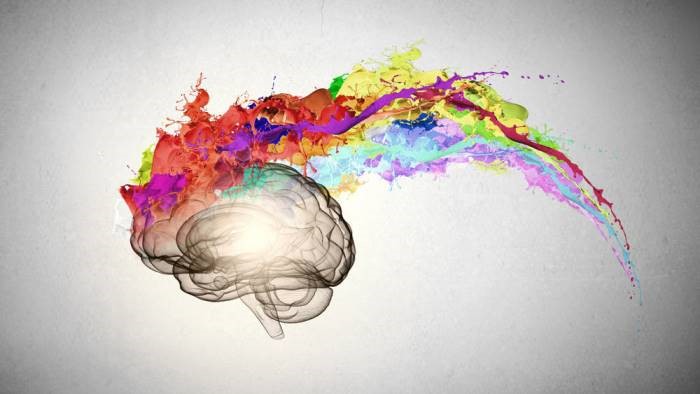The importance of Emotional Intelligence (EI, or EQ – Emotion Quotient, as opposed to IQ) in the success of an organisation is highlighted nowadays. But as its name tells “Intelligence”, EI is usually considered a complicated and sublime term that is difficult to practice and improve. Is that really so?
Here are 3 notices on this.
What is Emotional Intelligence (EQ?)
First notice, don’t let the word “Intelligence” mislead you. Unlike IQ, EI does not relate to cognitive ability and no research has proven that high IQ people possess high EQ. Actually, EI includes three skills:
- Aware and understand your own emotions
- Harness and apply your emotions in thinking and problem solving
- Manage your own emotions and influence others

So EI talks about your emotions, how you understand your feelings, manage them and put them to good use. It has nothing to do with quick and precise calculation or a wide-range vocabulary.
It is not easy to improve your EQ
The second notice, don’t assume that EQ can be trained with training courses. In fact, our level of EQ is firm as our ability to be aware and manage our own and others’ emotions is rather stable over time. Even so, it is not rigid though you need dedication and serious guidance to obtain long-term improvements. And despite revolving around the word “emotion”, EI’s scope may touch many aspects including interpersonal skills, stress management and mindfulness. This means that you have to spend a considerable amount of time and effort to improve this essential feature.

Change your behaviours, not your emotions
But if you want to improve your EI, then third notice, it’s not emotions that you can alter. Instead, the core element that you need to adjust is your behaviours. As the environment stimulates, emotion forms a reaction from your brain and is interpreted into behaviours. Therefore, making changes to your behaviours equals gradually redirecting your emotions. If you are interested in EI, you might have at least once looked for an emotional competency framework. And it suggests the behaviours in each aspect of EI that you should display, not the emotions or feelings.
A study found that a company might grow 34% in profit and successfully build a positive internal climate with high-EI managers. On a personal aspect, high EI boosts career success, health and happiness.
Sound appealing, doesn’t it?
No more complicated explanation, you can start achieving emotional intelligence today by changing the smallest behaviours to be more positive and influential.
**If you find the blog informative, please subscribe to TRG’s Blog in order to get notifications of new updates.
 English
English  Vietnamese
Vietnamese 

